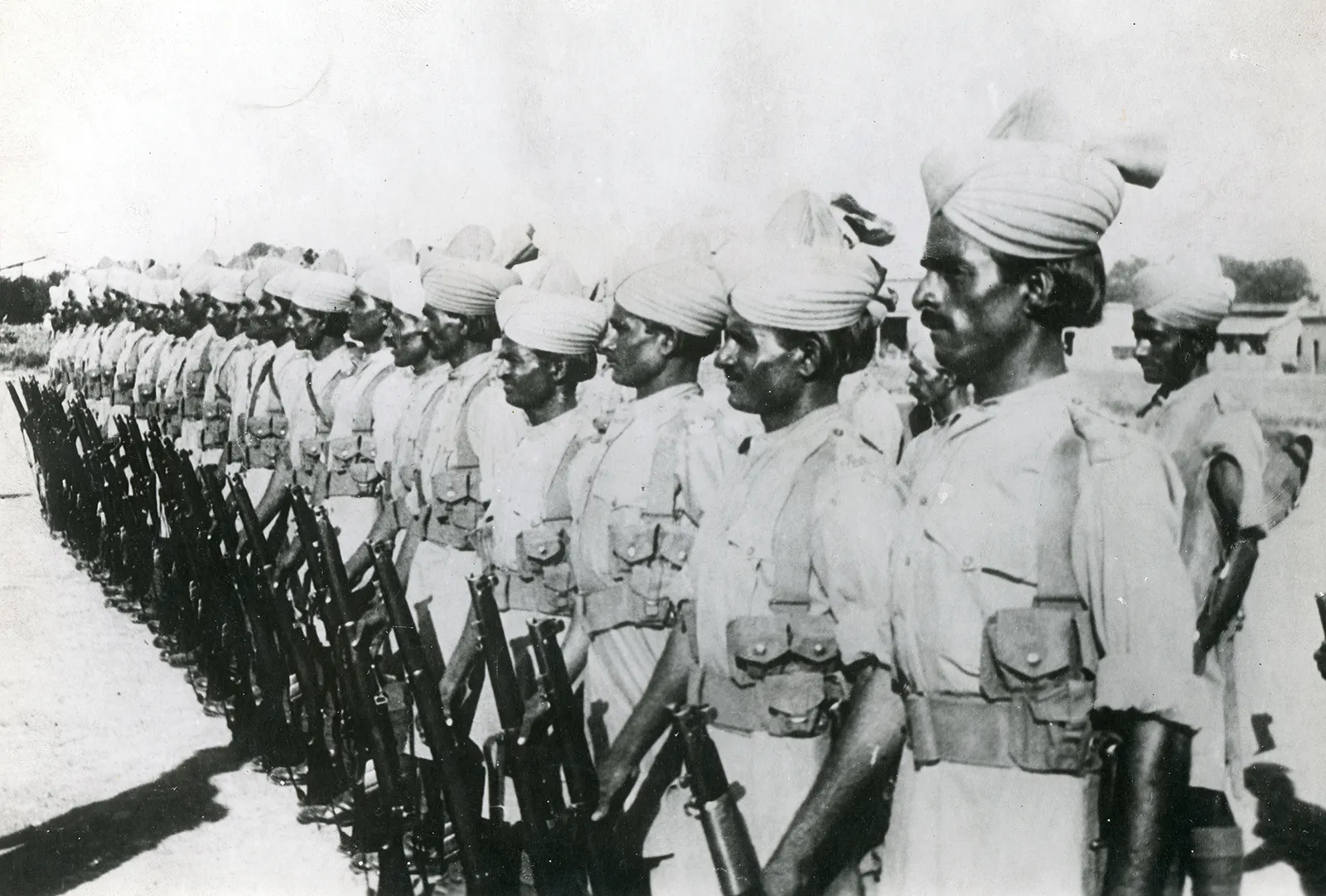The Establishment of the Indian Independence League and Its Role in India's Freedom Struggle
History Indian HistoryPosted by NewAdmin on 2025-02-13 08:41:06 |
Share: Facebook | Twitter | Whatsapp | Linkedin Visits: 47

The Indian Independence League was established in the early 1940s as a political organization aimed at securing India's freedom from British rule. It was founded by Indian nationalists living abroad, particularly in Southeast Asia, where a significant number of Indians had settled due to trade and employment opportunities. The league played a crucial role in mobilizing overseas Indians in the fight for India's independence, especially during World War II.
The idea of forming the Indian Independence League was initially promoted by Rash Behari Bose, an Indian revolutionary who had been living in Japan since the 1910s. With the outbreak of World War II and the rapid expansion of Japanese influence in Asia, he saw an opportunity to unite Indian expatriates and seek external support for India's liberation. The league was officially formed in 1942 in Bangkok, Thailand, with the support of Japanese authorities, who were keen to weaken British control over India.
One of the league’s main objectives was to organize Indian communities abroad and rally them towards the nationalist cause. It worked to inspire Indians living in Southeast Asia to contribute financially and participate in the independence movement. The league also played a key role in forming the Indian National Army (INA), which was led first by Mohan Singh and later by Subhas Chandra Bose. The INA aimed to fight alongside the Japanese forces against the British in India.
Subhas Chandra Bose’s arrival in 1943 gave a new direction to the league and the INA. He took over the leadership and restructured the organization, making it a well-organized movement. Under his leadership, the league and the INA intensified efforts to liberate India, with slogans like "Chalo Dilli" (March to Delhi) inspiring thousands of Indians to join the cause.
Despite its ambitious goals, the league faced several challenges. The surrender of Japan in 1945 marked the downfall of the movement, as the INA lost its main source of support. Many of its leaders were arrested, and the British tried to suppress the influence of the league. However, the sacrifices made by its members and the INA contributed to the growing demand for independence in India. The Indian Independence League remains an important chapter in the history of India’s freedom struggle. It demonstrated the determination of overseas Indians to play an active role in the fight against colonial rule and left a lasting impact on the nationalist movement.
Search
Categories
Recent News
- Amazon's Washington Workforce Slashed: 2026 Layoffs Deepen
- CBSE and NCB Unite in a Nationwide Anti-Drug Crusade
- Pune Hit-and-Run Leaves BJP Spokesperson's Mother Critically Injured
- Ajit Pawar's Final Words: NCP Releases Emotional Audio
- Amit Shah's Final Push: Tackling Naxalism in Chhattisgarh
- CCTV Captures Shocking Drink Spiking Incident at London Nightclub
- Justice for Epstein Victims: Securing Privacy After Redaction Failures
- Unlocking the Secrets of India's Currency Notes